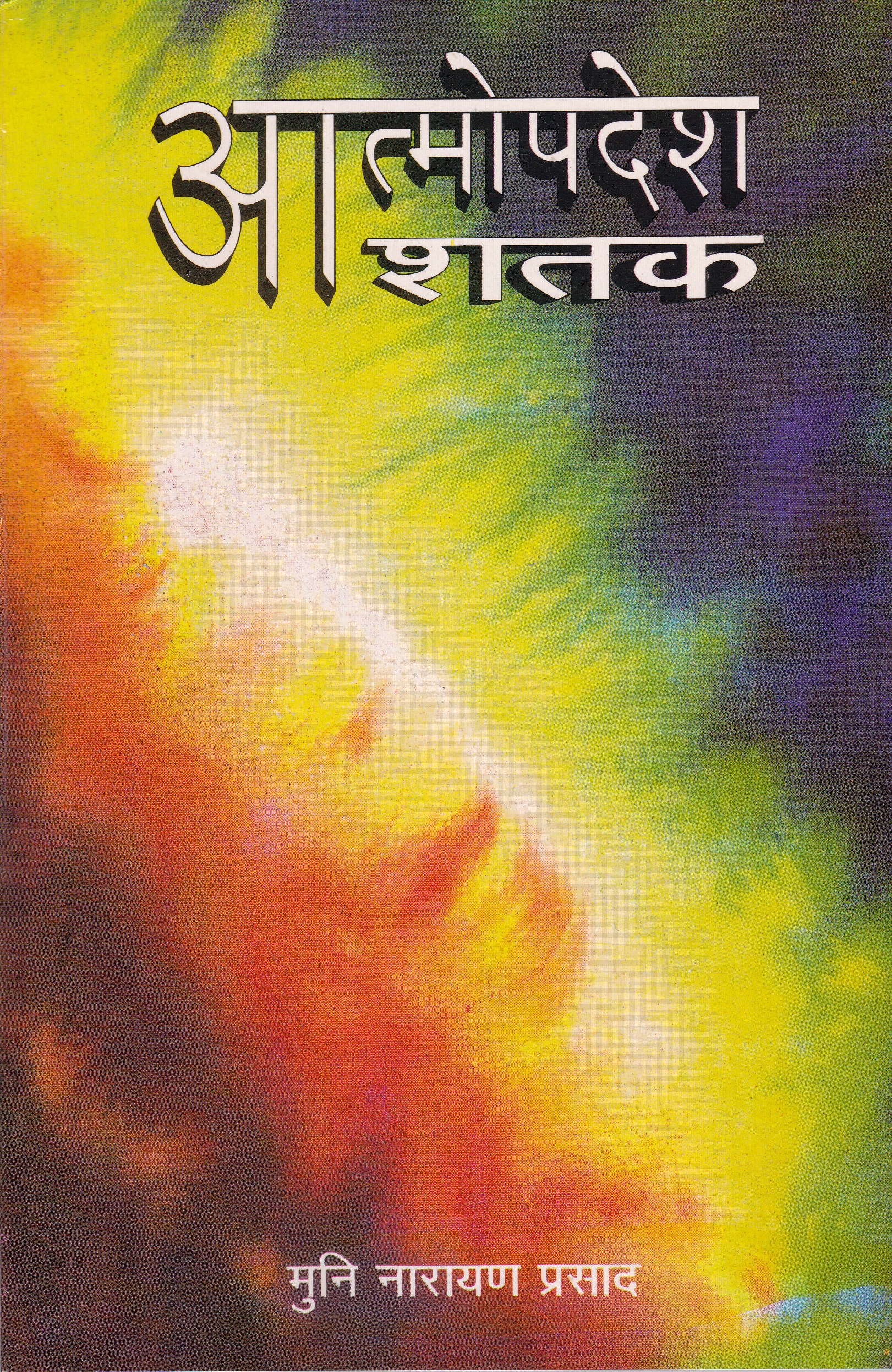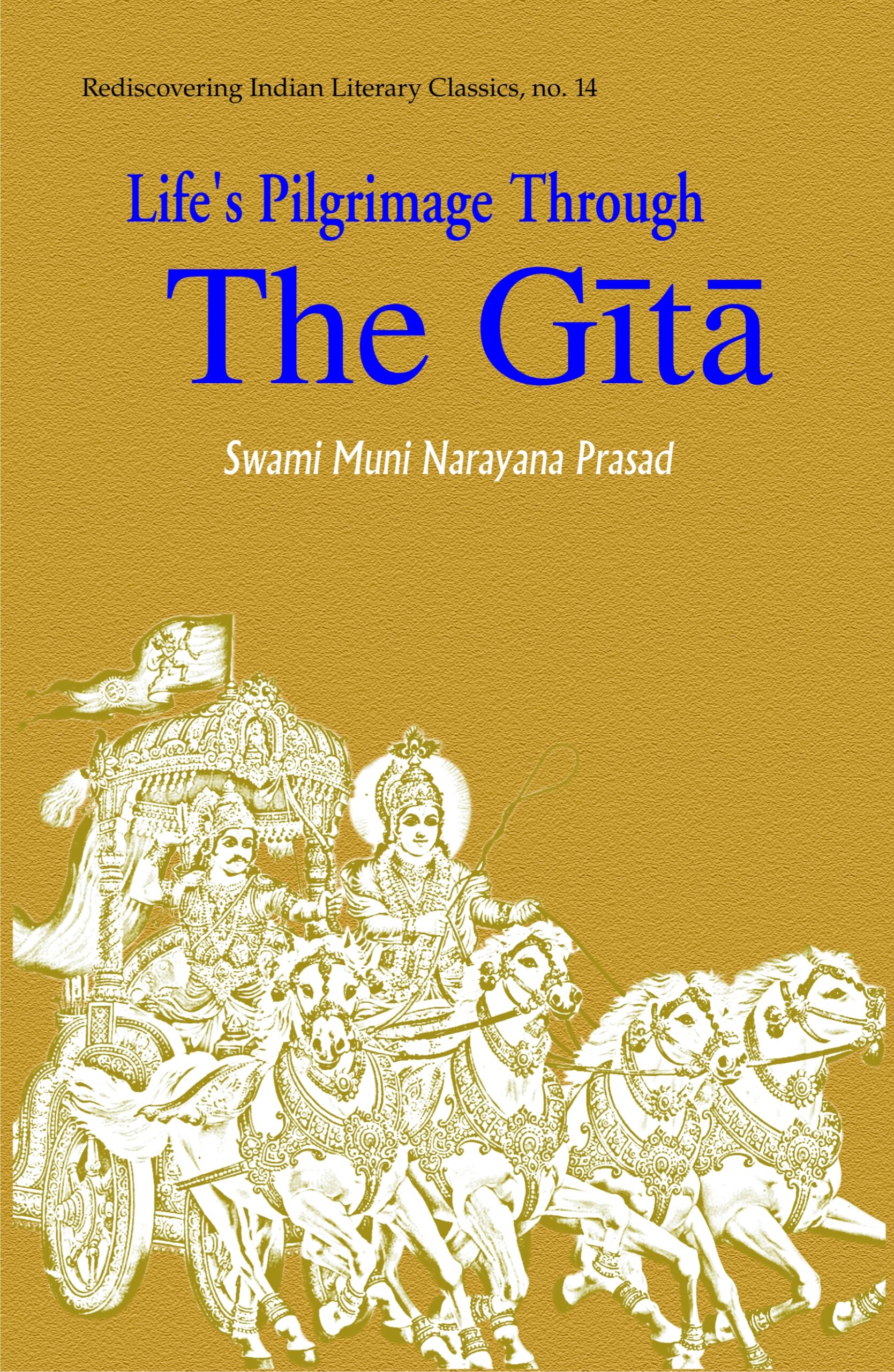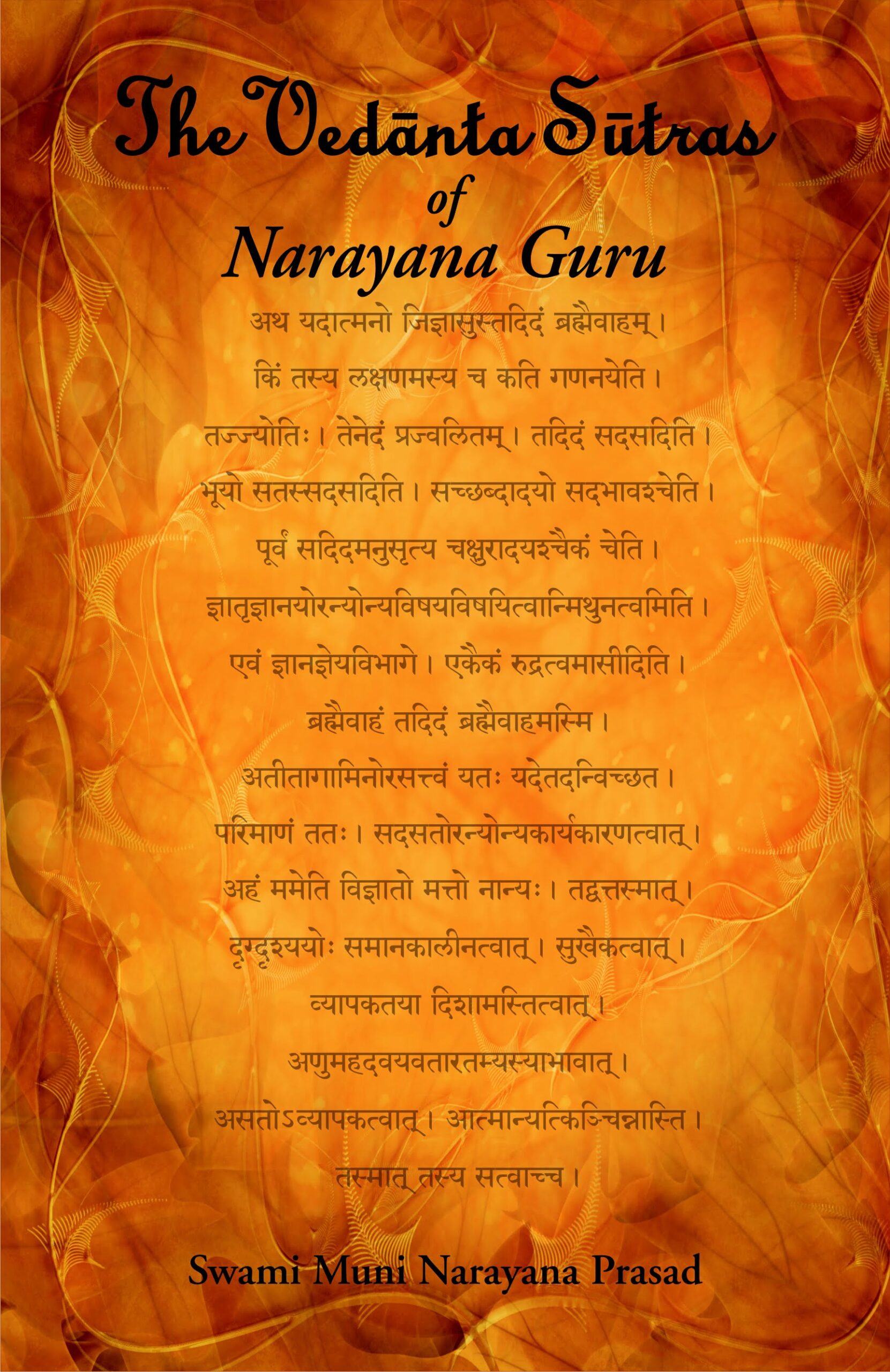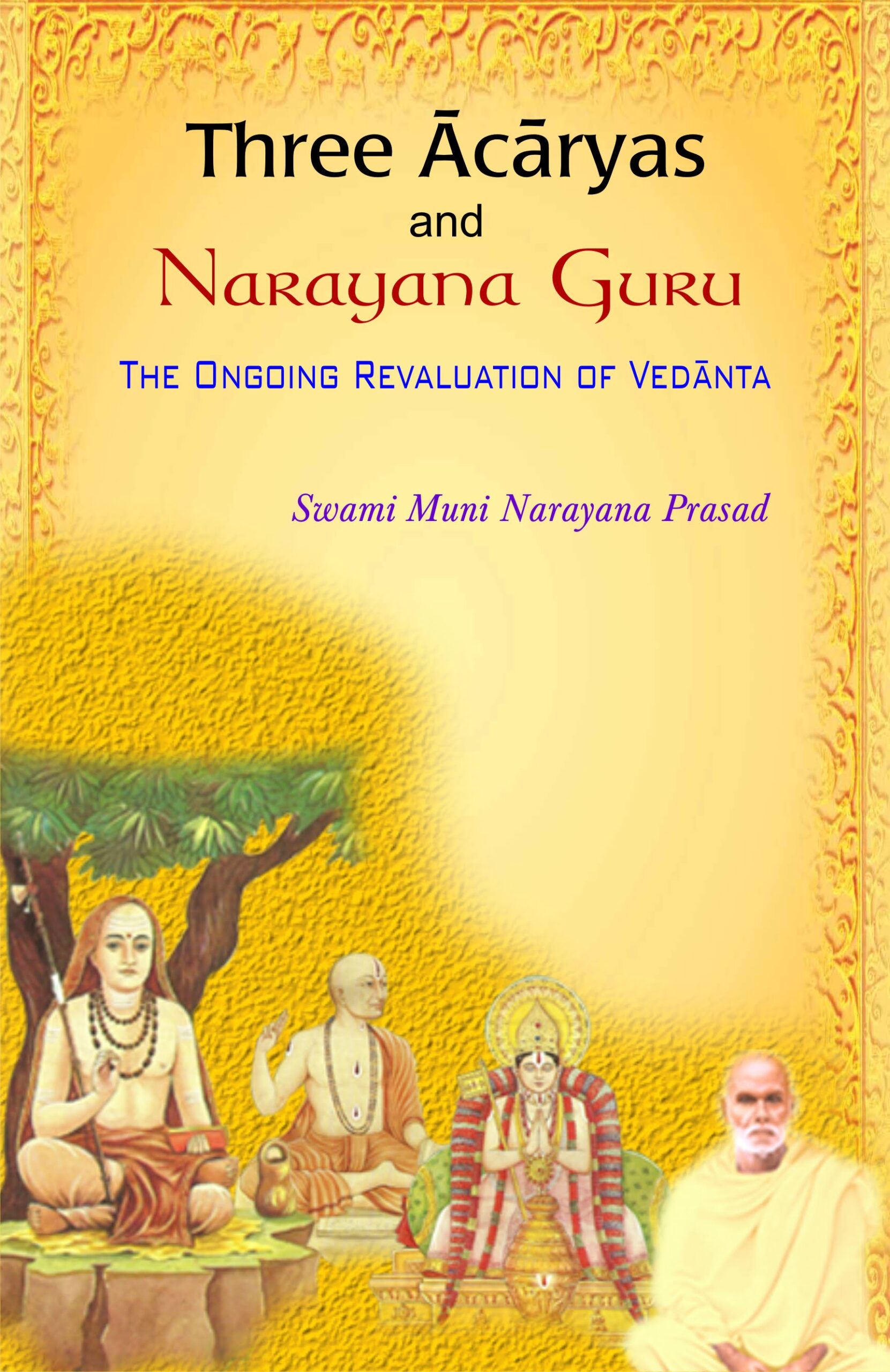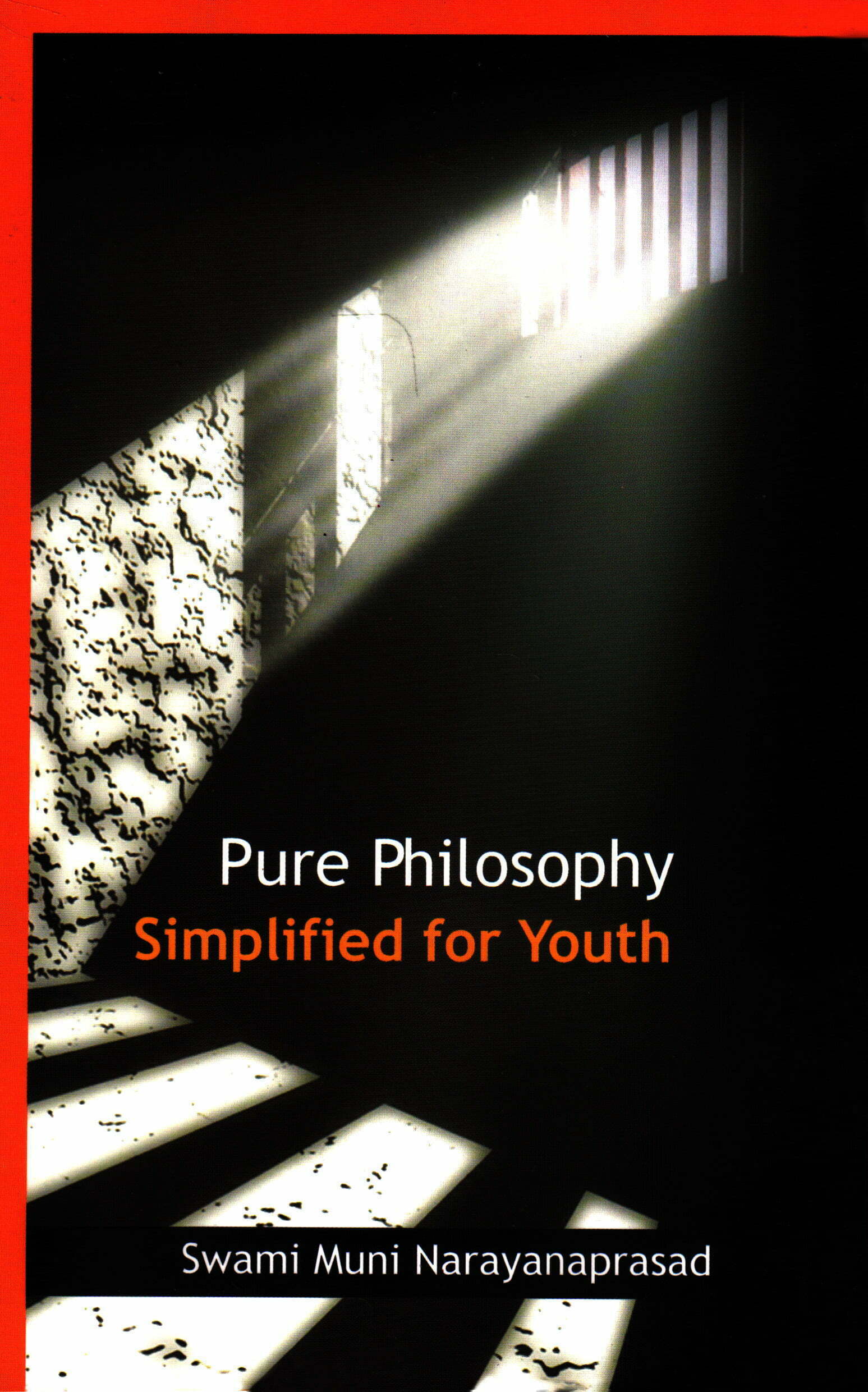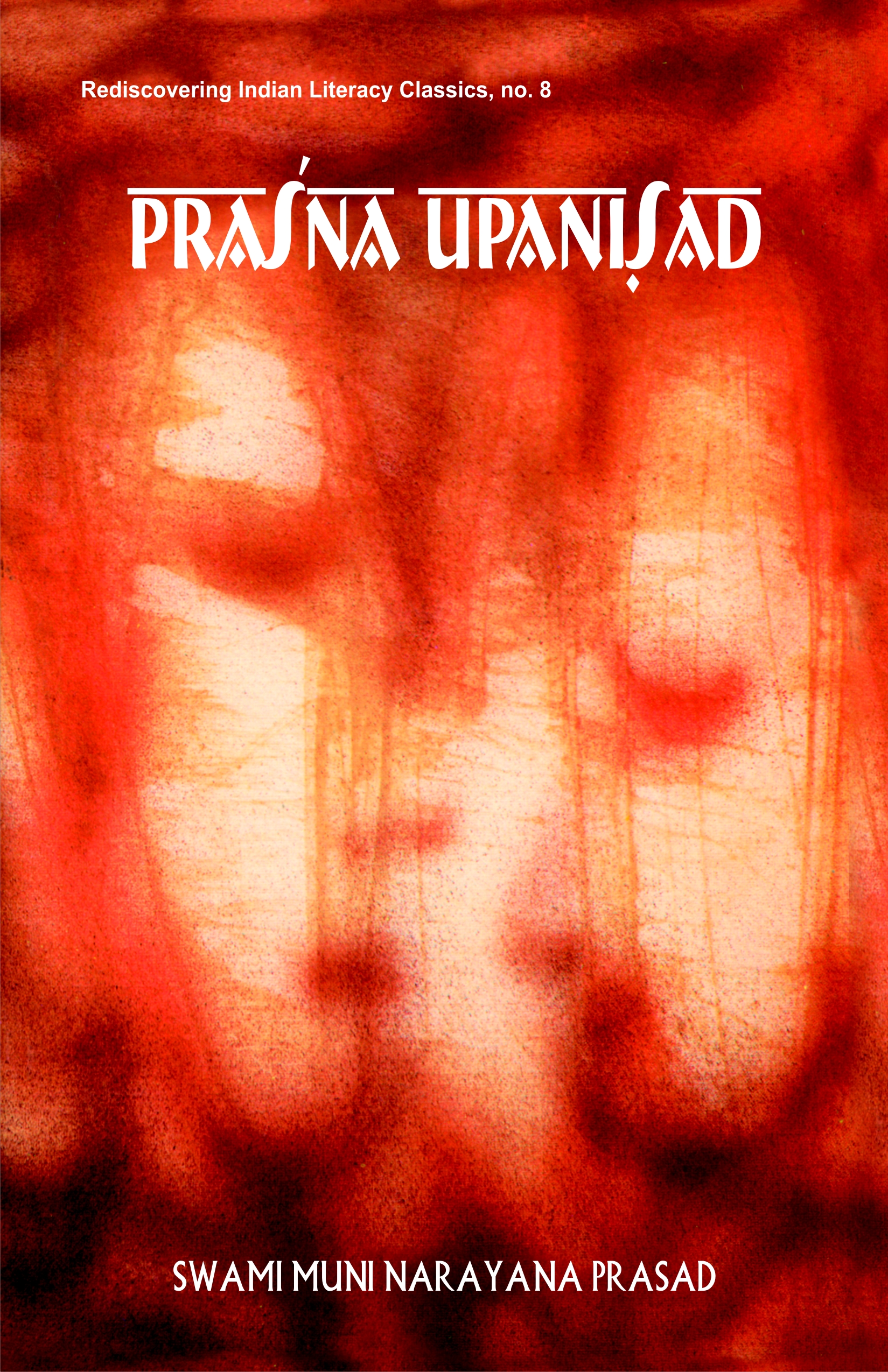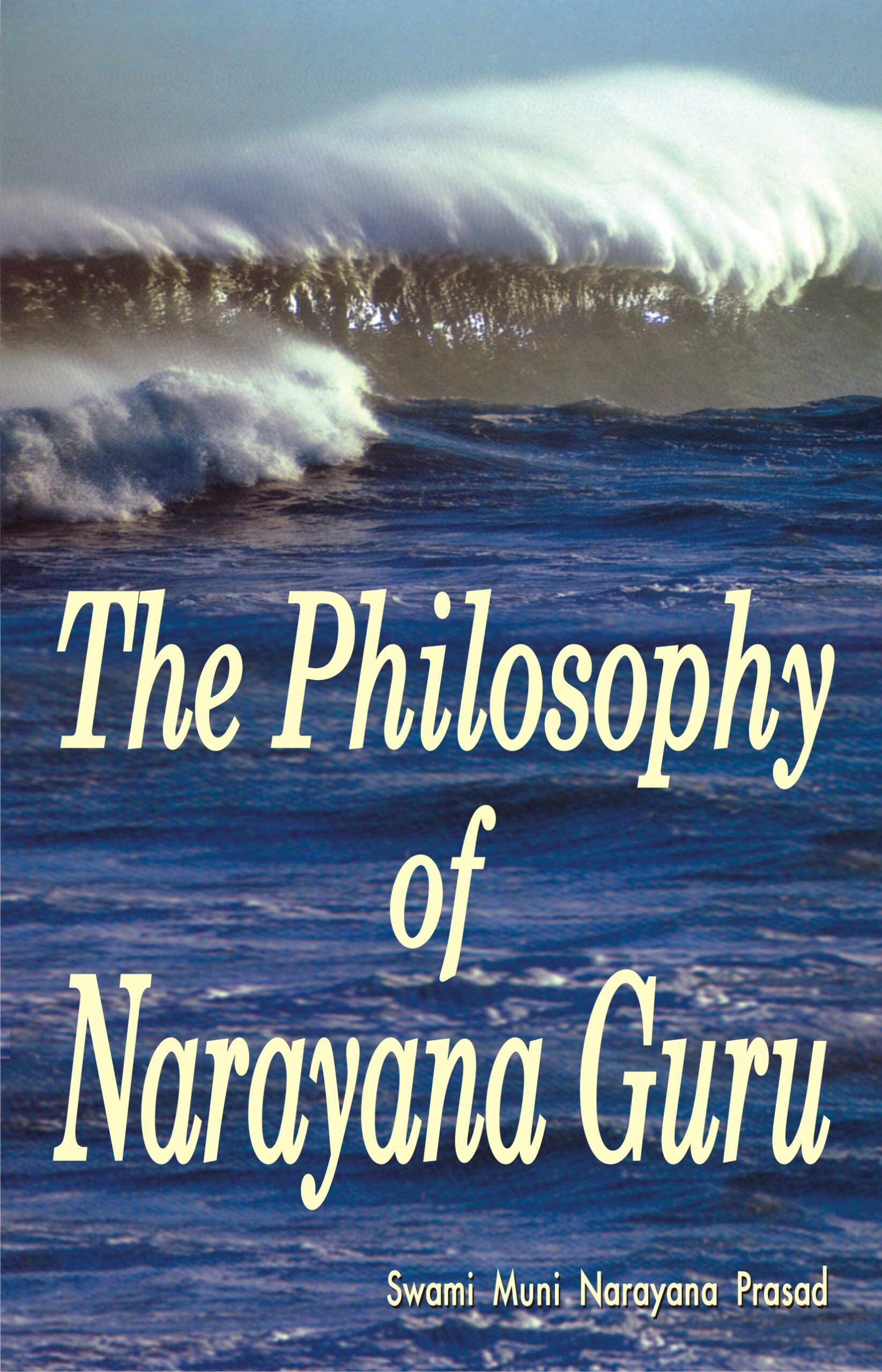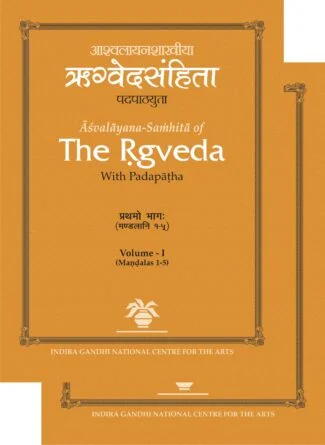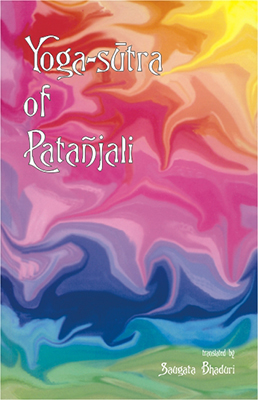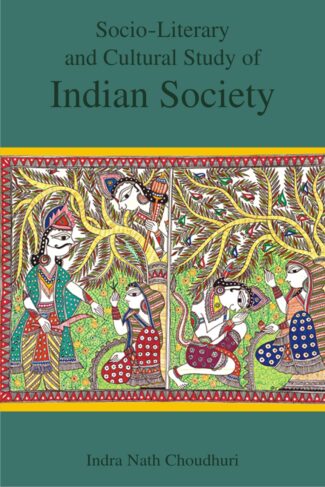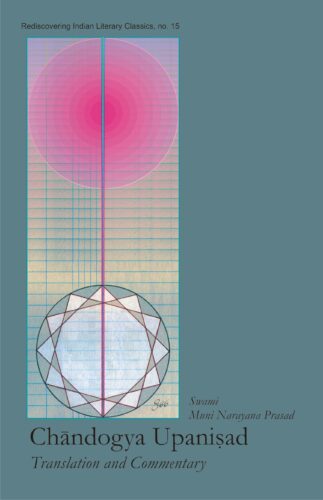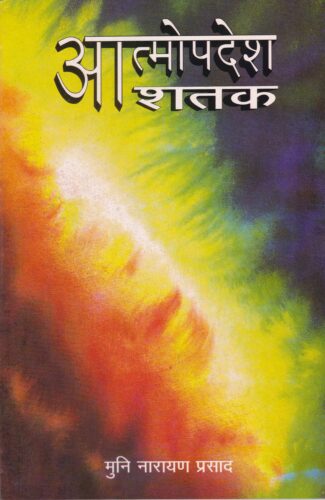
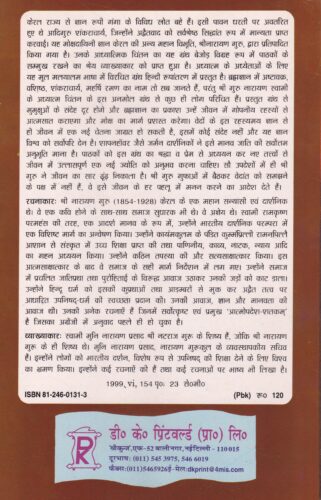
Atmopadesh Satak...
Atmopadesh Satak
One Hundred Verses of Self-Instruction by: Narayana Guru , Swami Muni Narayana PrasadAtmopadesa Sataka, mentioning one single principle, explains that mere virtue of gaining knowledge is not an end in itself. Its usefulness should be seen in the social, religious and veneration realms.
₹120.00 Original price was: ₹120.00.₹108.00Current price is: ₹108.00.
ISBN: 9788124601310
Year Of Publication: 1999
Edition: 1st
Pages : iv, 156
Language : Hindi
Binding : Paperback
Publisher: D.K. Printworld Pvt. Ltd.
Size: 22 cm.
Weight: 200
Atmopadesa Sataka, mentioning one single principle, explains that mere virtue of gaining knowledge is not an end in itself. Its usefulness should be seen in the social, religious and veneration realms.

- Sale!Asvalayana-Samhita of The Rigveda (2 Vols. Set) by: B.B. Chaubey
₹2,500.00Original price was: ₹2,500.00.₹2,250.00Current price is: ₹2,250.00.Among the twenty-one Sakha-Samhitas of the Rigveda, as mentioned by Patanjali, only seven Samhitas were known by name and among these too, only one Sakala-Samhita was available in printed form so far. Now with the publication of the present editon of the Ashvalayana-Samhita a complete picture of a new Sakha-Samhita will come to fore for the first time. In comparison to the Sakala-Samhita, the Ashvalayana-Samhita has 212 additional mantras among which some occur in the common suktas and others form 16 additional complete suktas. Among these additional suktas special mention may be made of Kapinjala-sukta (II.44), Lakshmi-sukta (V.88-89), Pavamana-sukta (IX.68), Hiranya-sukta (X.130), Medha-sukta (X.155) and Manasa-sukta (X.171).
The book in two volumes presents the full text of the Ashvalayana Samhita of the Rigveda with padapatha, marked with proper accent marks. The additional mantras of the Ashvalayana Samhita followed by their translation in English and Hindi are also provided at the end of the Samhita text.
In a detailed introduction of the text the learned editor has examined the existence of Sakha-Samhitas of the Rigveda as mentioned by the Puranas, Patanjali, Mahidasa and other authorities, scrutinising textual evidence in support of them. The focus is, however, on the Ashvalayana-Samhita, with a background on Acarya Ashvalayana and exploring the antiquity, treatment of accent and padapatha of the text by referring to various sources. - Sale!Yoga-Sutra of Patanjali by: Saugata Bhaduri
₹200.00Original price was: ₹200.00.₹180.00Current price is: ₹180.00.Patanjali’s Yoga-sutra, one of the most well-known works in the Indian classical tradition, is recognised as the primary text of Yoga philosophy. Here, Dr. Bhaduri adopts a simple but unique approach in his study of the text to make it more suitable to the needs of the Indian students. This English translation of the Yoga-sutra by Dr. Bhaduri under the guidance of Prof. Kapil Kapoor in shastra Group of Centre of Liguistic and English, at Jawaharlal Nehru University, retains many Sanskrit terms, adding the English equivalents in footnotes and the glossary to avoid making inadequate renderings of Sanskrit technical terms. It translates only what is stated in the concerned sutras without elaborate commentaries in order not to confuse the reader and to allow him to draw independent conclusions. Presenting the sutras in original Sanskrit form along with their Roman transcription, it examines the Yoga philosophy in relation to the other five orthodox systems of classical Indian philosophy and analyses the manner in which it deals with issues of cognition and signification.
- Sale!Socio-Literary and Cultural Study of Indian Society by: Indra Nath Choudhuri
₹1,500.00Original price was: ₹1,500.00.₹1,350.00Current price is: ₹1,350.00.The Socio-Literary and Cultural Study of Indian Society from Ancient to Modern is a search for India’s heritage: Hindu, Sufi and about Nationalism and India’s freedom from her colonial past. It is analytical but not learnedness. The author believes as Iqbal, the famous Urdu poet, said: “Transcend your reason because though it is a glow, it is not your destination; it can only be the path to the destination show.” People, both Indian and foreign, who want to understand Indian heritage from Ancient to Modern in a simple, agreeable style and friendly manner, is the author’s destination. In this volume, he has tried to demolish many myths like dharma is religion, Vedas are Śruti though the Almighty ordered six ṛṣis to write them down. A Hindu is just not emotional in mind, he also believes in analytic discussion (tarka). Upaniṣads are not just created by ṛṣis but also by a revolution unfolded by the students by barraging questions after questions.By explaining about the vitality of India and many other subjects, the book elucidates many things about the idea of India in an authentic manner. The readers will find here many varieties of theological explication, ultimately leading to the celebration of life while searching for the divine and realizing the self.
- Sale!Bhagavad Gita by: Nataraja Guru
₹850.00Original price was: ₹850.00.₹765.00Current price is: ₹765.00.Nearing its fiftieth year of being continuously in print, Nataraja Gurus monumental analysis of one of the greatest philosophical classics of Planet Earth is now available in a new edition. Generations have benefited from its unique angle of vision, which introduces a universal framework that does not depend on faith to impart its message of infinite potential for every human being. The Gurus wry humor, fresh insights, and fearless challenges to prevailing orthodoxies, are clear marks of his style. His analysis is radical by any measure, yet it must be noted that much of the scientific and philosophic community has evolved over the same half century toward a similar global, broad-minded outlook to the one which the Guru brings to bear in these pages, and which not coincidentally is advocated by the Bhagavad Gita itself.
- Sale!Chandogya Upanisad Translation and Commentary by: Swami Muni Narayana Prasad
₹1,350.00Original price was: ₹1,350.00.₹1,215.00Current price is: ₹1,215.00.Chandogya is the most intriguing of all the Upanishads. It begins with directing the priests of a Soma-yaga to see the hidden wisdom-significance in what they perform and recite as a brute ritual. This sublimating of ritualism gradually leads us to perceiving the entire life system as a yaj¤a held in and performed by Brahman. The next step this perception leads us to is “sarvam khalvidam brahma” (everything here indeed is Brahman). Then the enquiry as to what this Brahman is, begins. The answer we arrive at is “tat tvam asi” (That thou art). Finally we realize “atmaivedam sarvam” (atma indeed is everything here, or myself indeed is everything here). From this self-identity with “everything,” with Brahman, we never return to our identity with individuated forms pertaining to the world of becoming. The present commentary explicates in a lucid way how thinking progresses in this Upanishad, along with unravelling its schematic, structural and dialectical intricacies, both subjective and objective, both universal and particular.


